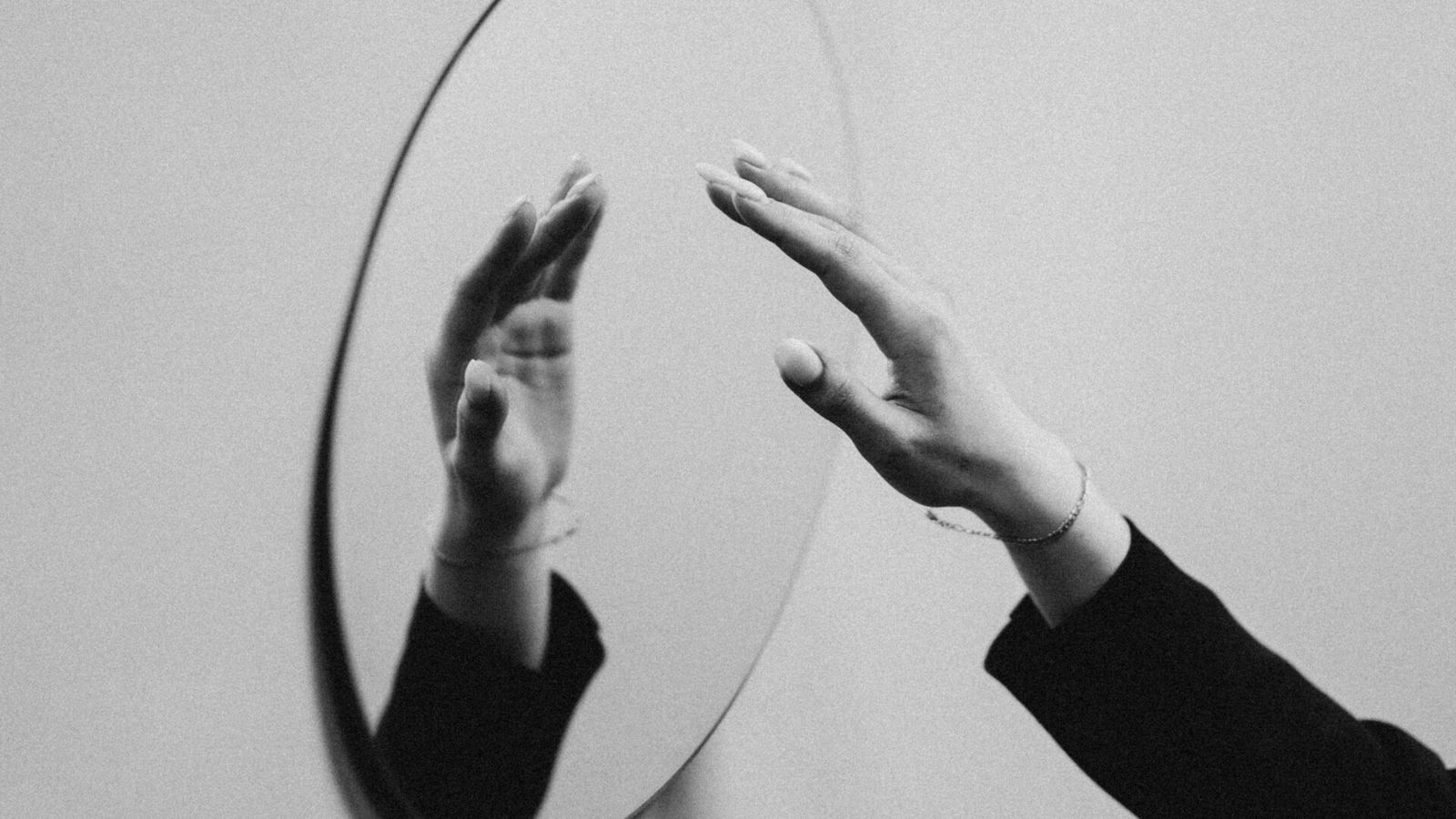
By Michaela Gordoni
Does any 10-year-old need a glow-up? Of course not — let kids be kids, right?
Sadly, culture influences them to think otherwise.
From YouTube to Instagram, the glow-up content is everywhere, and it’s mostly aimed at young girls.
A #glowuproutine video might show a tween caking on makeup or shopping at Ulta for “essentials” — they’re inessentials, really. But kids take these videos very seriously. They think they have to look great if they want to be like their peers, according to Parents.
Teens and tweens are prime targets for this kind of content because they’re often insecure about their appearance and obsessively compare themselves to others, said Whitney Casares, MD, MPH, pediatrician and author.
“I absolutely notice this as a central focus among my patients in this age cohort,” said Dr. Casares. “And it’s only getting worse as time goes on.”
Grace Lautman, LMHC, CN, nutritionist and teen eating disorder therapist, added, “It’s another area of the internet where perfectionist and unrealistic beauty standards are upheld.” Not that anyone needs another reason to get their kids off screens.
Related: How Christ Redeemed Sadie Robertson Huff From Body Image Issues
There was a “Sephora kid” trend going around last year that called attention to young kids buying unneeded makeup products.
Not only are the products featured expensive, but they could also harm young girls’ skin. Most of the products on beauty stores’ shelves aren’t designed for children or young teens.
“Short-term reactions like rashes and irritation are common for my patients who use these ‘glow up’ routines, but I worry even more about the long-term effects of using advanced skin care products on young skin,” said Dr. Casares.
Some products pose risks of sun damage, skin thinning and even premature aging.
“Over-exposure to beauty content is also linked to body image struggles which are, in turn, related to other negative physical outcomes for people of all ages, including dieting and overexercising,” the doctor explained.
“In my work I’m mostly looking at the impacts in terms of increasing the desire to diet and control food and exercise,” Lautman said. “Any increase in attention and control to the body, skin or muscle, increases already existing experiences like body dysmorphia and distorted body image.”
Research shows that kids who watch a lot of beauty videos feel dissatisfied with their bodies and can develop depression and other mental health issues, like anorexia.
“The psychological impacts of videos like these, (especially when watched in bulk, and without other videos that show more authentic and diverse videos and bodies) are increased mental preoccupation, and internalization of unrealistic beauty standards,” said Dr. Cesares.
“In addition to ‘glow-up’ routines,” she continued, “TikTok and Instagram trends around fitspo and beauty product unboxing make these kids feel like they aren’t enough as they are and give them the false idea that if they buy a particular product or try a certain workout, they’ll finally be acceptable.”
And it’s not just girls who are targeted. Young boys and men are targeted with glow-up and “looksmaxxing” videos that encourage bulking up to achieve a better appearance. Women of all ages are targeted with glow-up and “hot girl summer” content.
“As an impressionable 21-year-old easily swayed by social media, these videos have been my demise. Every so often I will feel the need to ‘glow up,’ to totally transform myself,” wrote 21-year-old Sophia Park in the John Hopkins News-Letter. “Glowing up no longer feels like a thing one can do for themself, but something almost expected from them.”
“Since eliminating social media use is often unrealistic (and at the very least exhausting) for parents, they should make sure the content their kids do see is as age-appropriate as possible,” Dr. Casares told parents.
Parents may also employ tools to restrict the content their kids watch. Many social media apps have parental controls that block specific hashtags and set time limits for how long their child can use the app.
It’s important that parents take the time to teach kids media literacy. Showing them how to make good decisions on social media and how to choose wholesome content to watch will help them be more mentally strong.
Read Next: Bethany Hamilton on Body Image: ‘God Has Created Us Uniquely Beautiful’
Questions or comments? Please write to us here.


 - Content:
- Content: 
